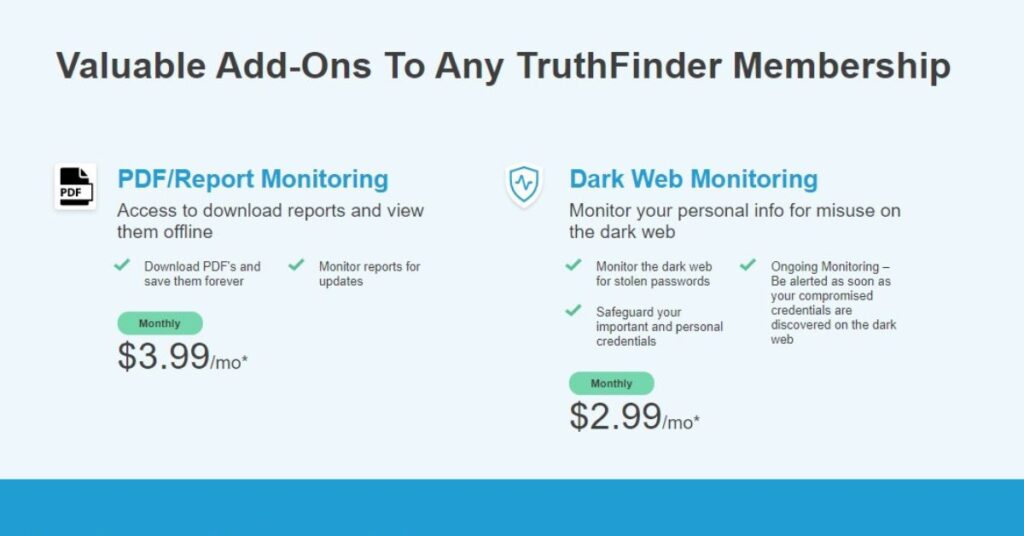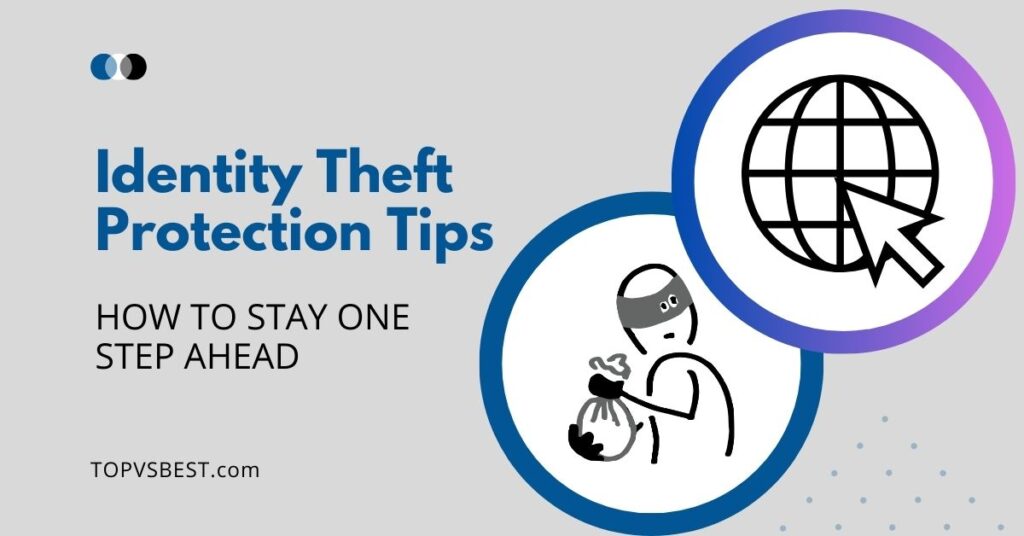Overview
Identity theft is a pervasive and ever-evolving threat in the digital age. Safeguarding your personal information has never been more critical, and many individuals are exploring the option of identity theft protection.
But is it really worth it, and what can you do to defend against identity theft?
In this article, we’ll address some common questions about identity theft and provide straightforward answers to help you make informed decisions.
What Is Identity Theft?

A. What Qualifies As Identity Theft?
Identity theft is a type of crime in which an individual’s personal information is stolen and used without their permission for fraudulent purposes.
This stolen information can include a person’s name, Social Security number, credit card details, bank account information, and more.
The thief typically uses this information to commit financial fraud, access accounts, or engage in other criminal activities, often causing financial and personal distress to the victim.
B. Identity Theft Examples
Examples of identity theft can include:
- Credit Card Fraud: Someone steals your credit card information and makes unauthorized purchases.
- Social Security Number Theft: A criminal uses your Social Security number to open new credit accounts or apply for government benefits in your name.
- Phishing Scams: Fraudsters send deceptive emails or messages by posing as legitimate organizations to trick you into providing your personal information.
- Tax Fraud: An identity thief may use your information to file false tax returns and claim refunds in your name.
- Account Takeover: Criminals gain access to your online accounts, such as email or bank accounts, and manipulate them for their benefit.
- Medical Identity Theft: Your medical records or insurance information are used by someone else to receive medical treatment or file fraudulent insurance claims.
- Synthetic Identity Theft: A combination of real and fabricated information is used to create a new, synthetic identity for fraudulent purposes.
C. Is An Identity Thief Usually Someone You Know?
Identity thieves can be either known or unknown individuals. While identity theft can be perpetrated by someone you know, like a family member, friend, or coworker, it’s also common for strangers or organized criminal groups to commit identity theft.
Some identity theft cases involve a combination of both familiar and unfamiliar actors. The motives and methods of identity theft can vary, making it essential to safeguard your personal information from all potential threats, whether known or unknown.
What Are Some of the Identity Theft Protection Companies?

A. Free Identity Theft Protection
While comprehensive identity theft protection services often come with a cost, some companies offer free basic protection features.
These may include credit monitoring, identity theft education, and limited assistance in the event of identity theft.
Some organizations that may provide free identity theft protection services include:
- Credit Karma (through credit monitoring service)
- TrueIdentity
- Experian (Offers a free 7-day trial and free dark web scan)
B. Best Identity Theft Protection
The best identity theft protection services can vary depending on individual needs and preferences. Some reputable companies known for providing robust identity theft protection services, often with a subscription fee, include:
- Aura
- Identity Guard
- LifeLock
- IdentityForce
- IdentityIQ
- IDShield
- PrivacyGuard
- Experian IdentityWorks
- ReliaShield
- ID Watchdog
- Complete ID
- Zander
- OmniWatch
Click here to learn more about OmniWatch, or Sign Up.
C. Is Identity Theft Protection Worth It?
Whether identity theft protection is worth it depends on your individual circumstances and concerns. Here are some factors to consider:
- Risk Assessment: Evaluate the likelihood of being a victim of identity theft based on your lifestyle, online activity, and the security of your personal information.
- Existing Protections: Consider what existing safeguards you have in place, such as strong passwords, two-factor authentication, and credit monitoring.
- Financial and Emotional Impact: Think about the potential financial and emotional toll of identity theft and whether the peace of mind justifies the cost of protection it offers.
- Coverage Needs: Different services provide varying levels of protection, so assess your specific needs and choose a service that aligns with them.
- Compare Costs: Compare the subscription costs of identity theft protection services with their services and coverage.
Ultimately, the decision to invest in identity theft protection is a personal one, and it’s important to conduct thorough research and consider your own circumstances before making a choice.
D. Identity Theft Protection Services:
Identity theft protection services typically offer a range of features to safeguard your personal information and respond in the event of identity theft. These services may include:
- Credit monitoring to detect suspicious activity on your credit reports.
- Identity monitoring to watch for unauthorized use of your personal information.
- Identity theft insurance to cover financial losses in case of identity theft.
- Dark web monitoring to identify if your information is being sold on the dark web.
- Recovery services to assist in resolving identity theft issues.
- Alerts and notifications about potential threats.
- Support and guidance in case of identity theft incidents.
These services are offered by various companies, and the extent and quality of these features can vary, so it’s essential to choose a service that suits your needs and budget.
Identity Theft Monitoring With TruthFinder

A. Adding Identity Theft Report
TruthFinder is a background check, and people search service that provides various information about individuals.
While it offers data that can be used for identity theft monitoring, it’s important to note that TruthFinder is primarily focused on providing public records and background information.
It is not specifically designed for identity theft protection or to generate identity theft reports in the traditional sense.
But if you have a TruthFinder membership, you can add Dark Web Scat service to your account.
To learn more about TruthFinder, click here.
B. What Is Dark Web Monitoring?
Dark web monitoring is a service offered by some identity theft protection companies, but it’s not typically a feature of TruthFinder.
Dark web monitoring involves scanning the dark web, which is a hidden part of the internet, to check if your personal information, such as Social Security numbers, credit card details, or login credentials, is being bought or sold on illicit marketplaces.
C. What Is Dark Web Monitoring With TruthFinder?
TruthFinder’s Dark Web Monitoring, also known as Dark Web Scan, is a tool designed to help users track their personal information on the hidden corners of the internet.
The Dark Web, inaccessible through regular browsers, often hosts criminal activities, including the sale of stolen data like social security numbers and addresses.
How TruthFinder’s Dark Web Scan Works:
- Utilizes various surveillance methods on the Dark Web, monitoring bulletin boards, peer-to-peer networks, forums, social media, and more.
- Searches through thousands of data points to detect any compromised information.
What TruthFinder’s Dark Web Scan Monitors:
Users can customize monitoring for personal data such as social security numbers, email addresses, bank accounts, and more. The tool sends notifications if your identity appears on the Dark Web.
Usage:
- Quick setup by entering your email address for scanning.
- Existing TruthFinder members can add Dark Web Scan through the Membership Settings on the Account page under Dark Web Monitoring.
This proactive approach helps users detect potential breaches, offering a defense against identity theft.

D. What Is Illegal To View On The Dark Web?
The dark web is a part of the internet that is intentionally hidden and not indexed by traditional search engines.
It can be used for various legal and illegal activities. Viewing websites on the dark web itself is not illegal, but certain activities conducted on the dark web can be illegal.
Illegal activities on the dark web can include the sale of drugs, firearms, stolen data, hacking tools, and more. Engaging in these illegal activities is, of course, against the law and can result in criminal charges.
E. Is It Legal To Check The Dark Web?
It is generally legal to access the dark web and browse websites located there. However, it’s important to be cautious and avoid engaging in any illegal activities.
Law enforcement agencies closely monitor the dark web to identify and apprehend individuals involved in criminal actions.
If you suspect that your personal information is being sold on the dark web, it is recommended thet you report it to the appropriate authorities and take steps to secure your identity.
F. Can You Find Out If You Are On The Dark Web?
You can use dark web monitoring services offered by some identity theft protection companies to check if your personal information is being traded on the dark web.
These services scan the dark web for signs of your data, such as Social Security numbers, credit card information, or email addresses.
While TruthFinder is not known for providing dark web monitoring, there are other specialized services and tools designed for this purpose.
Keep in mind that monitoring the dark web is not a guarantee that your information will never be compromised, but it can provide an extra layer of vigilance for identity theft protection.
Identity Theft Protection FAQs
The best defense against identity theft includes safeguarding personal information, using strong passwords, enabling two-factor authentication, monitoring financial accounts, and being cautious online.
Whether identity theft protection is worth it depends on your circumstances. It can offer peace of mind and assistance in case of theft, but assess your risks and needs before deciding.
Protect your Social Security number by not sharing it unnecessarily, securing physical documents, using secure websites, and being cautious with calls or emails requesting it.
Yes, you can get identity theft protection through various companies that offer services to monitor and safeguard your personal information from potential theft and fraud.
Conclusion
Identity theft is a persistent threat, but you can take steps to protect yourself. The best defense begins with proactive measures such as strong online practices and safeguarding sensitive information.
While identity theft protection services can offer added peace of mind, carefully weigh the costs and benefits.
By staying informed and vigilant, you can reduce your risk of falling victim to identity theft and better defend your personal information in today’s digital world.
Related Posts
- TruthFinder Reviews: Great Or Not, What Users Say In 2023
- Is TruthFinder Worth The Money? A Comprehensive Review 2023
All product names, logos, brands, trademarks and registered trademarks are property of their respective owners.


